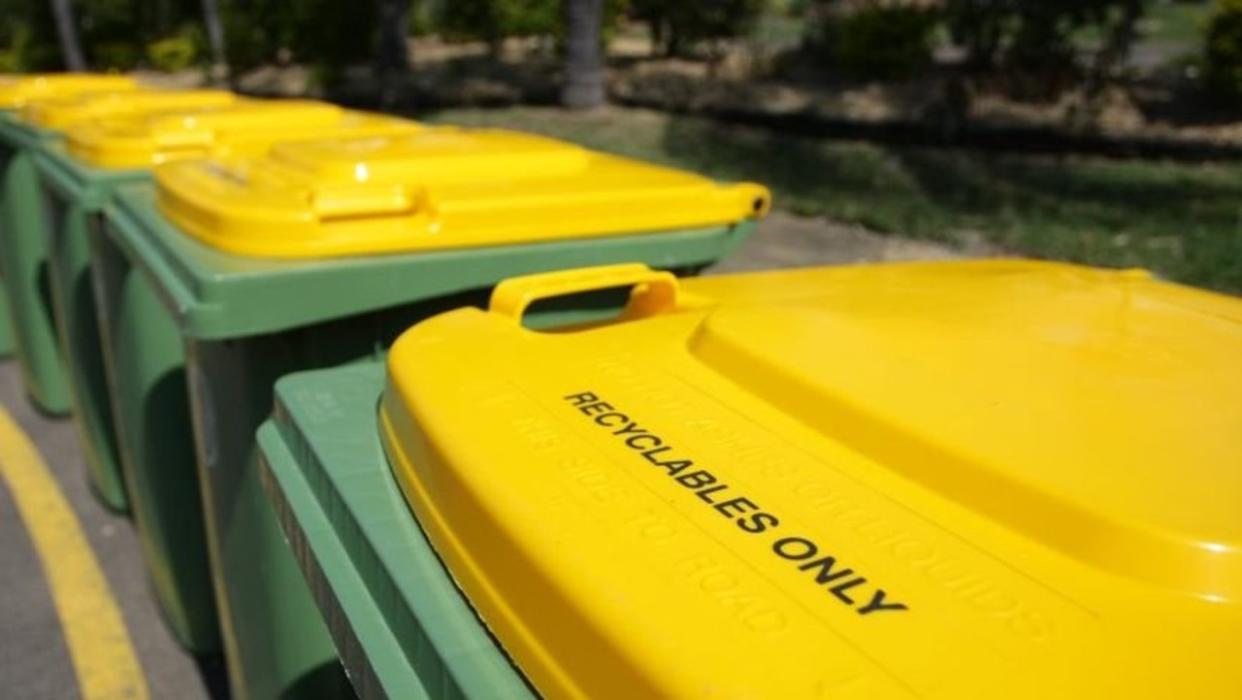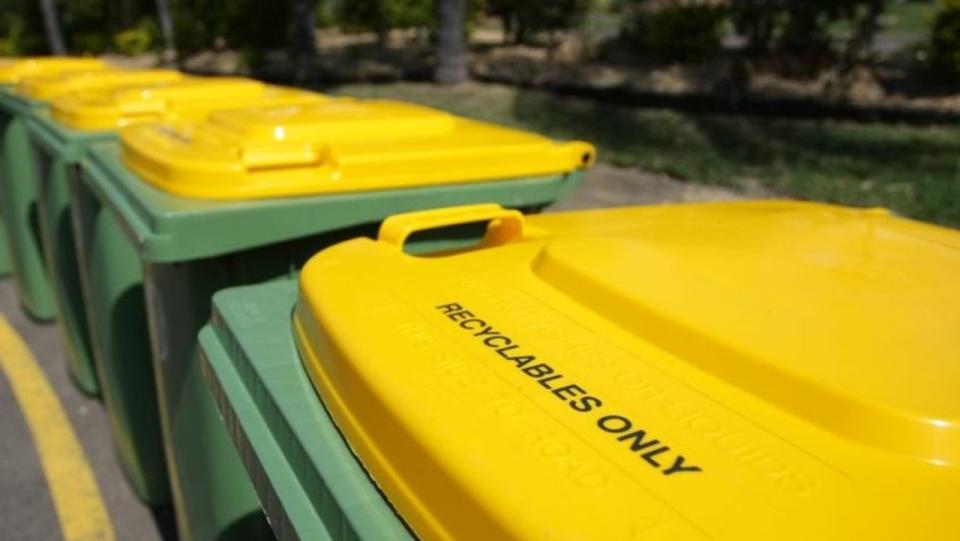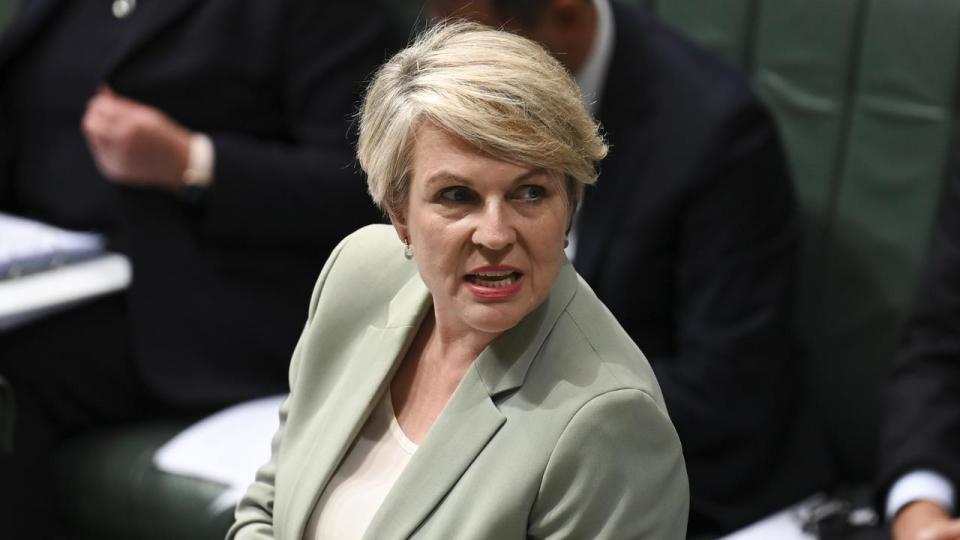War over ‘recycling tax’ erupts

The Albanese government has denied it will slug Australians with a world-first “recycling tax”, declaring a new levy set to come into effect this year will help the country manage its waste on home soil.
But exporters of recyclables have warned the government the new regulatory crackdown, slated to come into effect on July 1, would be passed on to taxpayers and exacerbate the cost-of-living crisis.
The National Waste and Recycling Industry Council, which represents contractors servicing about 80 per cent of Australian households, are calling on Environment Minister Tanya Plibersek to carve-out paper and cardboard from the new rules for recyclables exporters.

In a pre-budget submission to the expenditure review committee last month, the council told cabinet the proposed changes were essentially a “government-imposed tax on the recycling industry”.
Moreover, they said the cost recovery on waste exports was both “unnecessary and a further cost impost” to the industry.
Chief executive Rick Ralph called on the committee to scrap “in its entirety” the introduction of a cost recovery for the waste exports licensing scheme.
“Council submits that the proposed cost recovery, which we maintain is a government-imposed tax on the recycling industry in Australia, will impact every Australian consumer, adding an additional cost impost on already fragile budgets,” he wrote.
“Any tax imposed by government will be directly transferred by our industry to all local government and other contracts along with the additional industry charges that will be added to this government fee to recover our own business administration costs.”
Mr Ralph told the committee there was no reason for paper and cardboard – which amount to about 48 per cent of recyclables collected from Australian yellow-top bins – to be included in the new regulatory regime with plastic and glass.
Each year there is a surplus of paper and cardboard recyclables that Australia does not have the capacity to process, meaning it is exported for recycling.

The proposed changes will set a new quality standard, limiting the allowable “prohibited” content in each export shipment to five per cent, and then three per cent.
A new fee of $4 on every tonne of recyclables exported overseas will come into effect on July 1 to cover the costs of enforcing the new standard.
Mr Ralph said the council had made its concerns known repeatedly since the new fees were first announced in late 2022, and had appealed to Ms Plibersek not to proceed.
Ms Plibersek said the new levy had been “coming for a long time”.
“What the previous government said at that time is Australia should be dealing with Australian rubbish, and we should be doing more recycling in Australia,” she said.
“The problem was they didn’t set up any sort of system to achieve their objective which was to recycle Australian paper and cardboard.
“So since coming to government, we have been building better recycling infrastructure … We have increased recycling capacity in Australia by 1.3 million tonnes.
“We shouldn’t be exporting our rubbish overseas to be dealt with. Wherever we can possibly do it here in Australia, we should do it here.”
The Coalition’s environment spokesman Jonno Duniam said Labor should be looking at other initiatives.
“Taxing industries who will have to pass on the costs to consumers is not going to fix any problems. It will only make them worse,” he said.
“The government would be better off genuinely backing successful Coalition initiatives like the $250m Recycling Modernisation Fund that helped boost our capacity to deal with recycling issues, rather than handbraking the industry who will simply be forced to pass on the costs.”
Ms Plibersek said the levy only applies if companies are sending their cardboard and paper overseas to be recycled.
“They should be doing it here and then they don’t have to pay any levy,” she said.
“And by the way, this levy is not in place yet. This is something we are discussing with the industry.”


